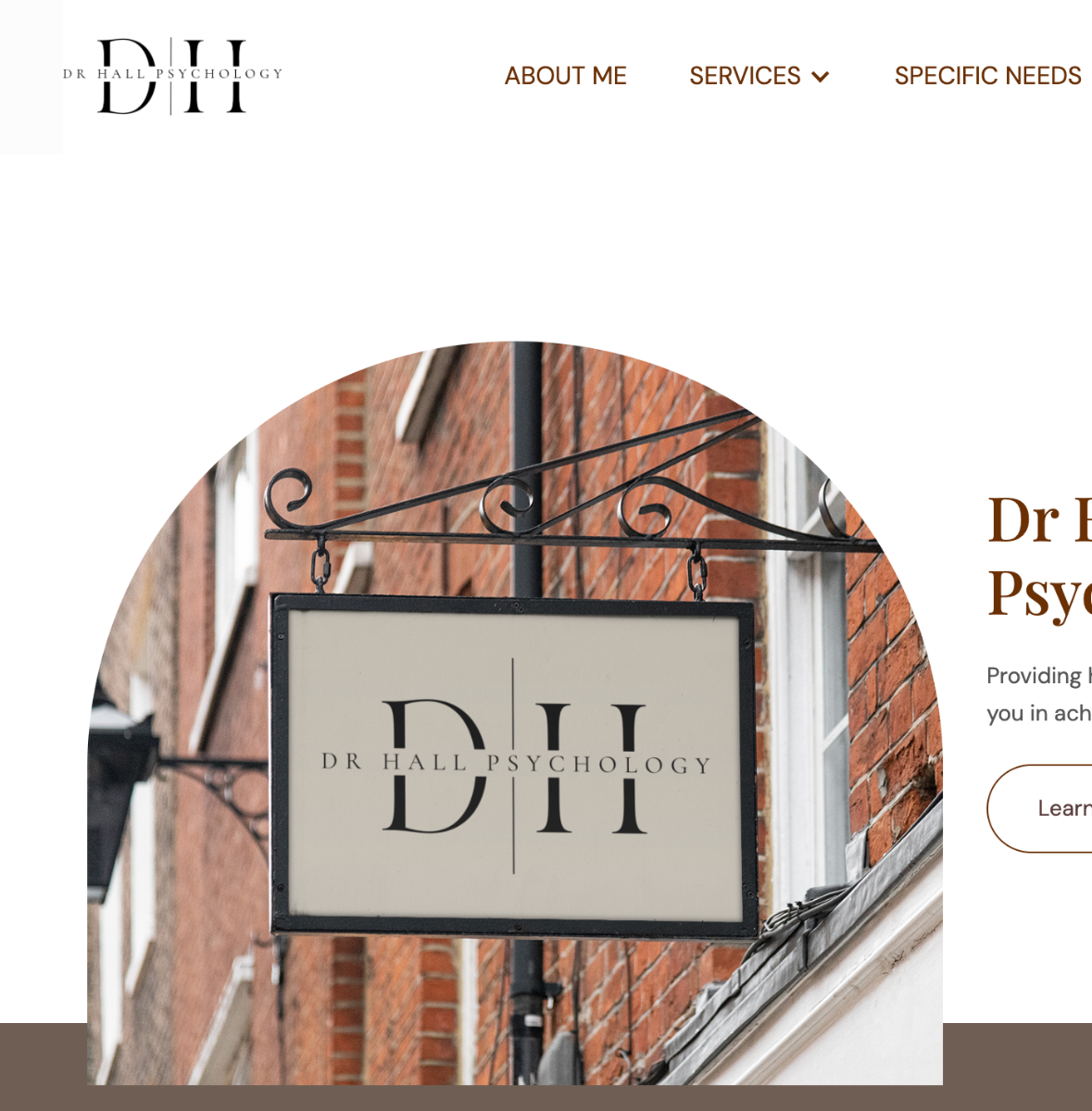
As a psychologist in private practice, your website is often the first impression potential clients have of you. But far too often, great practitioners lose out on ideal clients — not because of their qualifications, but because their website is working against them.
Here are five of the most common website mistakes we see psychologists make — and what you can do to fix them.
.jpg)
Your training may have been rooted in academic or clinical language, but your website shouldn’t sound like a textbook.
The mistake: Writing in a way that feels distant, overly formal, or filled with technical terms.
The fix: Use warm, everyday language. Speak to the visitor’s emotional state. Instead of "CBT for GAD symptoms," try "Helping you manage anxiety and feel more in control."

Many psychologist websites lack a clear, intuitive booking process. This leads to confusion, frustration, or worse — inaction.
The mistake: Burying your contact form, offering vague calls-to-action, or relying only on email contact.
The fix: Include a clear "Book a Session" or "Free Discovery Call" button on every major page. Embed an online booking tool like Calendly or JaneApp to remove friction.

Templates can be a great starting point — but when they lack personality, they can make your practice feel cold or forgettable.
The mistake: Using a cookie-cutter design that doesn’t reflect your tone, audience, or values.
The fix: Use brand colours, fonts, and imagery that reflect your approach and ideal client. Include real photos or subtle visual elements that help people feel calm, safe, and connected.

A confusing or outdated website layout can damage trust quickly — even if your service is excellent.
The mistake: Pages overloaded with dense text, broken links, or difficult navigation.
The fix: Streamline your content. Break text into short, readable sections. Use modern spacing and intuitive menus. Make sure your site is mobile-friendly and loads quickly.

If your site looks great but no one finds it, it’s not doing its job.
The mistake: Not optimising your website for local searches or relevant keywords.
The fix: Add your location and speciality to headings and meta descriptions. Use terms like "anxiety therapist in London" or "online CBT psychologist UK." Start a blog to attract organic traffic and answer common client questions.

These mistakes are incredibly common and a lot of them can be solved with a little automation, especially to take some work off of your hands like clear booking and automatic emails— but all of these are totally fixable. With the right support, your website can:

At Divergent Network, we create psychology websites that blend ethical design, warm branding, and results-driven strategy.
✔️ Custom design tailored to your tone
✔️ Built-in SEO & local visibility support
✔️ Mobile-first, easy-to-navigate layouts
✔️ Affordable monthly payment plans
👉 Book your free discovery call — let’s build a site that actually brings in the right clients.